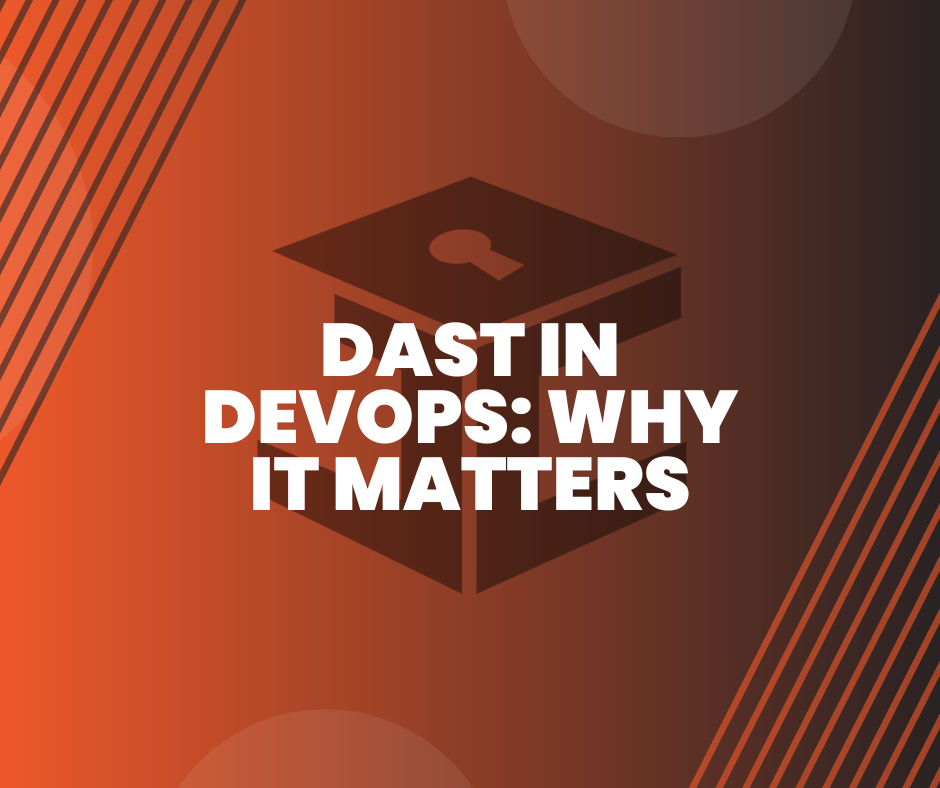Managed Firewall Service – Why Your Business Needs One
From our previous two blogs, ‘What is a Firewall’ and ‘The Different Types of Firewalls’, we discussed how firewalls are preventative technical security controls that provide automated protection to an IT network. We also established that they form a necessary part of the DiD (Defence in Depth) approach and BCP (business continuity plan). In this article, we are going to delve further into these statements and explain how a managed firewall will help keep your business cyber secure.
What is a Managed Firewall?
Self-managing your company’s firewall(s) can take up considerable resources and require around the clock management – not everyone has the time and expertise to do so. That is where a Managed Firewall Service comes in handy.
A managed firewall service will provide your business with peace of mind as the managed firewall service provider will deal with any firewall related tasks such as administration and maintenance. While not only being able to test your firewall’s current defences, they can also help you make important decisions on how to improve its capabilities - more details further below.
Do I need a managed Firewall?
We believe that anyone who deals with sensitive data must ensure they are doing everything they can to protect it; especially if that data involves your customer's personal information. Not only are you required to have appropriate safeguards in place, but it is also widely expected that you will be doing so from an ethical point of view. Anything less can be extremely damaging to both your reputation and finances.
If you are not 100% sure if you need a managed firewall service, the best plan of action is to create an audit of your current networking capabilities and vulnerabilities. Again, this will require somebody with a high level of networking knowledge and potential investment. If you do not have the required skills or knowledge on where to start, we recommend starting with our
Free Firewall Audit.
How a Managed Firewall can help your BCP (Business Continuity Plan)
Business continuity planning is the process in which a multitude of prevention and recovery systems are put in place so that your company’s most important assets are protected in the event of a disaster (resulting in a loss of service). If anything were to happen, the BCP would kick in and ensure the least amount of panic as you will be 3 steps ahead. A BCP ensures the least amount of financial and reputational loss.
Business continuity planning is an important aspect of any business, no matter the size. Any loss of service can be devastating – therefore, ensuring that all systems have the appropriate configurations, safeguards, patches, and updates in place will decrease the likelihood of your services going offline.
The problem with not having a managed firewall service provider is that you are constantly responsible for monitoring your firewall yourself – if a vulnerability were to happen today, would you know about it? How would you deal with it? Therefore, by having a managed firewall service, if anything were threatening to try and breach your network’s defence, it is instantly reported and dealt with as a matter of urgency.
How a Managed Firewall can create a DiD (Defence in Depth)
Where the BCP aims to avoid business disruption on a general level, a Defence in Depth approach is a more cybersecurity focussed approach where a group of optimal mechanisms are layered to protect valuable assets and data.
Sometimes, the capabilities of an attacker may be too strong for your defences, the purpose of a DiD is to ensure that once one defence has been breached, the attacking entity does not immediately have access to your system. Therefore, by having several strong, well-thought-out safeguards in place, the attacker may potentially decide that their efforts are no longer warranted as it will require too much of their time and resources to continue attempting to breach your system.
The most common referred anecdote for a DiD approach is the ‘castle’. Let us go medieval for a moment. A castle’s priority is to protect its assets (any royalty, solders, or item of value) located inside. The besiegers (attackers) want to get inside because it will offer them a strategic advantage. A castle will generally have a multi-layered defence to ensure resilience. An example would include a ‘moat’, to stop infantrymen and besieging vehicles access to the walls and the ‘draw bridge’ will be lifted so that any attempt will result in huge losses for the attackers. The priority is to stay safe inside the castle walls and hope for reinforcements before they breach. This works the same in today's day and age when businesses are so often defending against cyber threats.
Why buy our Managed Firewall Service?
As discussed above, managing your firewall(s) requires resources and networking knowledge. Not every business can expect their IT department to have the budget, time, or infrastructure available to appropriately manage their network. By hiring a firewall management service from JC Cyber Security, we can reduce both cost and risk due to:
Our secure networking experience –
- As cyber security experts, we have a history of managing complex networks for a variety of different clients with their own needs and requirements
- We are heavily qualified and have access to multiple vendors
- We understand the wider environment of network infrastructure and applications in which our client’s firewalls operate
- We constantly update and test our security devices on a consistent, result-driven basis
Our 4-step proven methodology -
- Secure – ensuring adequate authentication and authorisation policies are in place
- Examine – constantly monitoring network activity depending on predefined safeguards and protections discussed and agreed with our customers
- Test – thinking like the attacker and using a trusted entity to attack our client’s firewalls so we can assess their vulnerabilities
- Enhance – collecting data and using it to build better defences
Ourpeace of mind approach –
- Our 24/7, 365 days a year cyber response ensures that we are always ensuring minimal risk and business disruption with minimal downtime
- All management systems and processes are audited, recorded, and fully comply with ISO 9001 and ISO 27001 standards.
Conclusion:
A managed firewall service reduces the cost and risk of self-managing your company's firewalls. To maintain security and business continuity, it is vital to configure firewalls so that they are correctly updated, patched and monitored. By having an optimal firewall that has the appropriate safeguards in place, you form a core part of a DiD (Defence in Depth) approach - reducing the likelihood of a cyber threat taking advantage of a vulnerability. However, this process can take considerable time, resources and skills to apply optimally. This is where a Managed Firewall Service comes in. By shifting the responsibility on to the service provider, they will take responsibility for ensuring your firewall system is secure by auditing, testing, enhancing, and maintaining your firewall - providing you with peace of mind.
If you would like to know more about how a managed firewall can secure your business, don't hesitate to speak with one of our cyber security experts today.
Follow Us
Be the first to know
You might also like




